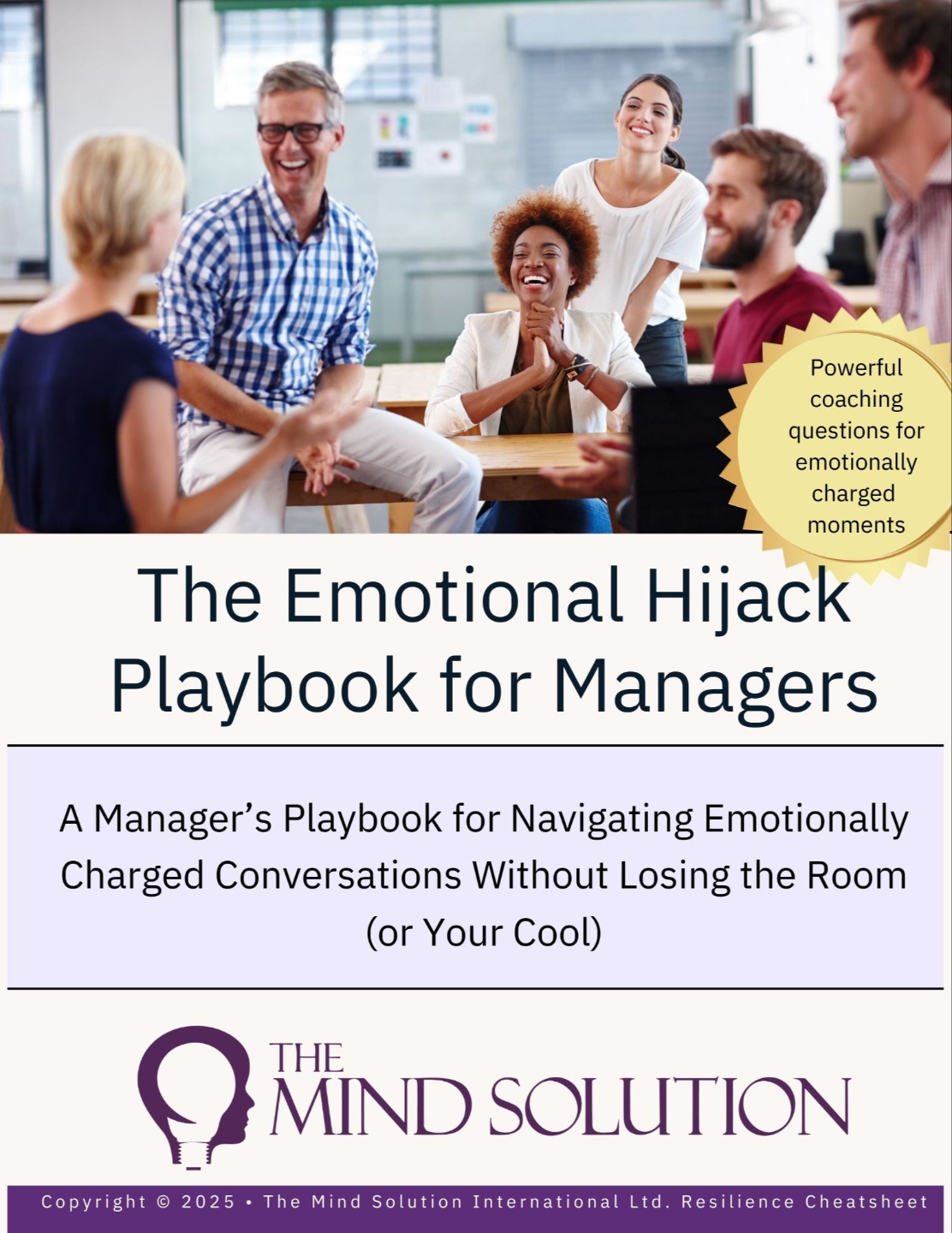Workplace Wellbeing Trends Shaping the Future of HR
Aug 13, 2025
In the dynamic world of HR, staying attuned to the evolving landscape of employee wellbeing is paramount. HR leaders are presented with an opportunity to proactively address the trends that will significantly influence the wellbeing of their workforce.
These trends, grounded in data and statistics, not only mirror the changing expectations of employees but also offer substantial benefits to organisations.
Why is employee wellbeing so important?
Quite simply, employee wellbeing impacts everything from productivity and retention to organisational culture and profitability. When wellbeing is prioritised, employees are more engaged, creative, and loyal. When it’s neglected, burnout, absenteeism, and turnover take a toll.
What can impact employee wellbeing?
A whole range of factors influence wellbeing, from workplace culture and leadership style to flexibility, inclusivity, and mental health provision. As we move forward, the trends below will shape how HR approaches wellbeing in the years ahead.
What are the latest trends in HR?
1. Hybrid Work Models
Data: According to a recent PwC survey, 83% of employees now prefer a hybrid or remote work model, with flexibility and work-life balance being the driving forces.
Advice: Review your hybrid work policies to ensure they’re not just about location, but about enabling connection, collaboration, and wellbeing for both remote and on-site teams.
2. Mental Health Support
Data: The American Psychological Association reports 61% of employees experience workplace stress, yet only 35% feel their employer provides adequate mental health support.
Playbook Advice: Normalise mental health conversations, integrate mental health days into your benefits, and make it easy for employees to access wellbeing webinars, coaching, or EAP services.
3. Holistic Wellbeing
Data: Harvard Business Review found that companies embracing holistic wellbeing programmes see a 28% boost in productivity and a 21% rise in retention.
Playbook Advice: Think beyond gym memberships — address mental, emotional, physical, and financial health as interconnected pillars of employee wellbeing.
4. Remote Work Wellbeing
Data: Gallup research shows 29% of remote workers experience burnout versus 21% of on-site workers.
Playbook Advice: Counteract isolation by creating virtual spaces for connection, checking in regularly, and offering ergonomic and tech support to remote staff.
5. Tech-Driven Solutions
Data: Deloitte reports 73% of HR leaders now use AI and data analytics to personalise wellbeing programmes, driving higher engagement.
Playbook Advice: Use tech tools to track, personalise, and measure wellbeing initiatives, but ensure they feel supportive, not intrusive.
6. Flexible Benefits
Data: SHRM research shows 72% of organisations plan to increase flexibility in benefits packages.
Playbook Advice: Give employees a ‘menu’ of benefits to choose from, ensuring relevance across different life stages and personal circumstances.
7. Inclusivity and Diversity
Data: McKinsey research shows diverse companies are 35% more likely to outperform competitors.
Playbook Advice: Make inclusivity and diversity part of your wellbeing strategy, ensuring every employee feels seen, heard, and valued.
8. Resilience Training
Data: The American Institute of Stress reports 77% of employees experience physical symptoms due to workplace stress.
Playbook Advice: Build resilience into your culture by offering practical training and tools that help employees manage stress and adapt to change.
9. Work-Life Integration
Data: FlexJobs found 74% of respondents believe they can achieve work-life balance in a flexible job.
Playbook Advice: Recognise that ‘balance’ looks different for everyone — create policies and expectations that allow work to complement, not compete with, life.
10. Community and Social Impact
Data: Deloitte reports 81% of employees are more likely to stay with employers who involve them in community or social initiatives.
Playbook Advice: Engage employees in causes they care about — from charity partnerships to volunteering days — to create a shared sense of purpose.
What is the biggest challenge in HR today?
One of the biggest challenges is balancing the increasing demands placed on HR with the need to maintain their own wellbeing. You can’t support a thriving workforce if you’re running on empty.
What are the changes in HR?
We’re moving from reactive wellbeing initiatives to proactive, data-driven strategies that integrate wellbeing into every part of the employee experience. HR is no longer just a function — it’s a driver of organisational health.
What are the transformative HR trends shaping the workplace?
These trends are more than box-ticking exercises. They’re shaping the future of how we work, lead, and sustain high-performing, healthy organisations.
Fit your own oxygen mask first
HR has a lot on its plate. As they say on an aeroplane, fit your own air mask first. That’s why I developed HR Alchemy. This signature programme helps HR leaders prevent burnout, elevate emotional intelligence, and lead from a place of calm authority — so you can implement these workplace trends without sacrificing yourself in the process.
Book a call today to explore HR Alchemy and see how it can support you and your team.
The Emotional Hijack Playbook For Managers
A Manager’s Free Resource for Navigating Emotionally Charged Conversations Without Losing the Room (or Your Cool).
Perfect to use in your next one-to-one.







